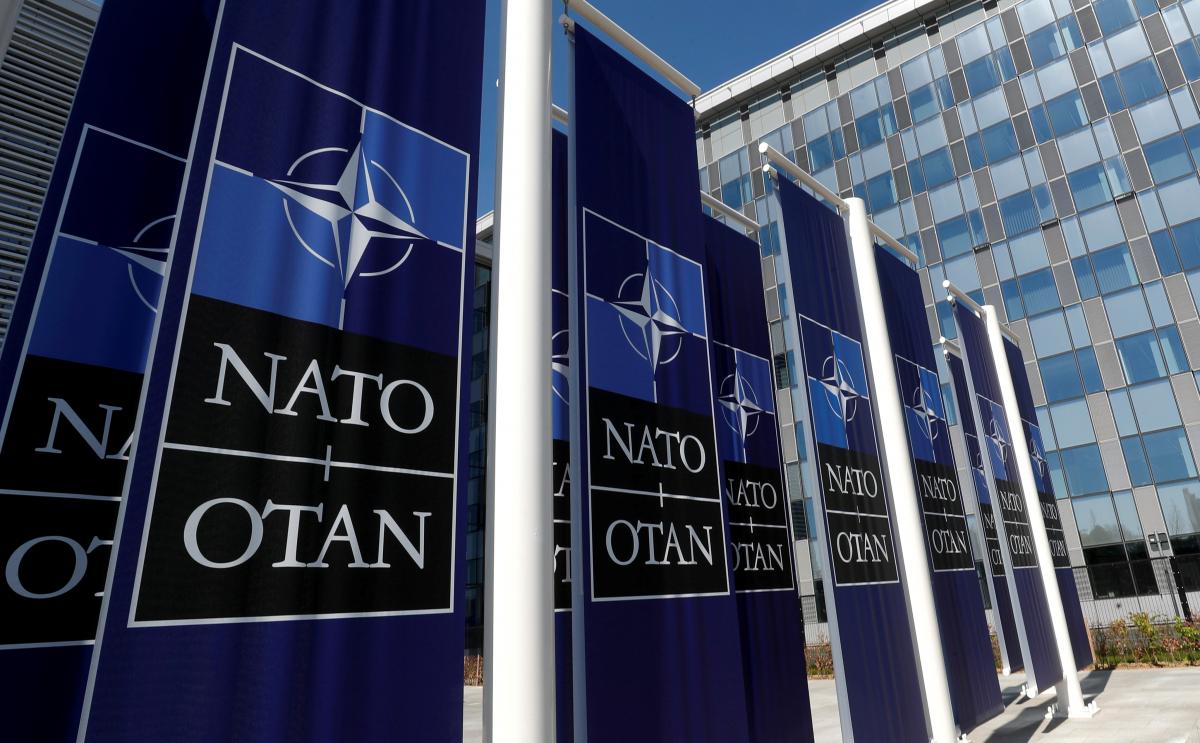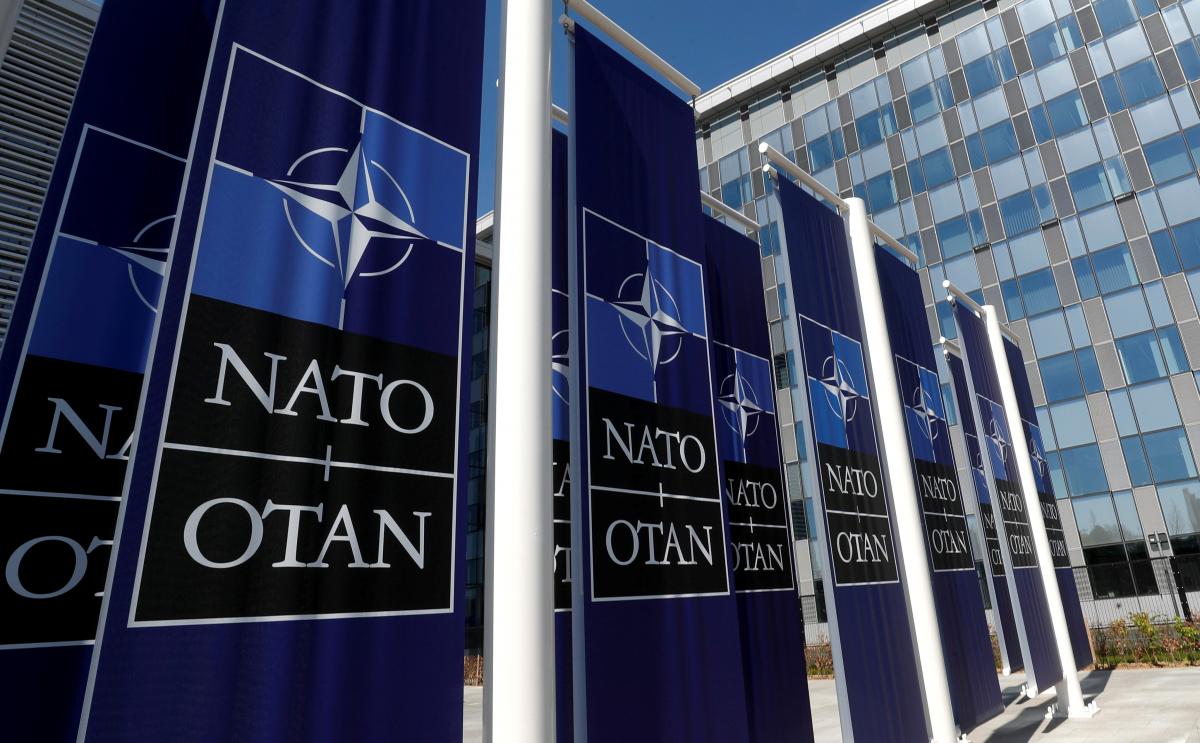“It is known that the initial test project will cost about 2 million dollars.”, — write: www.unian.ua
 NATO is working on redirecting data through space / REUTERS photoNATO is working to reroute data through space amid fears that Russia could cut undersea internet cables. Business Insider writes about it.
NATO is working on redirecting data through space / REUTERS photoNATO is working to reroute data through space amid fears that Russia could cut undersea internet cables. Business Insider writes about it.A vast network of underwater cables has been the backbone of the Internet for decades. Moreover, these cables were almost not protected. The network is now looking increasingly vulnerable, as highlighted by recent incidents of cable breaks in the Baltic Sea linked to Russia.
“These incidents have sparked a race to protect infrastructure, the security of which many analysts believe is neglected. At the forefront is a NATO-funded project: Hybrid Space/Underwater Architecture for Telecommunications Information Security (HEIST),” the article says.
It is known that the initial test project will cost about 2 million dollars. In particular, 400 thousand dollars will come from NATO. The project is being developed by scientists together with satellite broadband companies Viasat and SpaceX. If the tests are successful, countries and companies could purchase the network to finance a much wider rollout.
The main idea of this project is quite simple. It consists in using satellites to transmit some data. This approach should make the West less dependent on submarine cables.
“Our ultimate goal is to rethink the foundation of the Internet. Instead of requiring all of our data to go through undersea cables (on which 95% of the Internet depends), we’d like to create an ecosystem of alternatives,” explained Gregory Falco, a professor of engineering at Cornell University. university working on the HEIST project.
Although submarine cables are very efficient, they are not very resistant to natural and man-made threats.
Associate Professor of the Department of Conflict Resolution and International Security at University College London, Melanie Garson, noted that any measures to increase the resilience of the communication architecture are absolutely necessary. And the multi-tiered approach of the HEIST program, she says, “is a good start.”
The plan to reroute data through space involves equipping existing cables with sensors to detect disruptions caused by sabotage or natural phenomena and accidents. If a failure is detected, the data will be automatically rerouted through the satellite network.
“Russia poses a threat to the cables and has a motive to damage them. According to analysts, Russia may seek to punish the West for its support for Ukraine by targeting critical infrastructure facilities such as cables,” the publication explains.
At the same time, satellites are also not immune to malfunctions. In particular, they can be caused by space weather phenomena and collisions with debris (including “space debris”). In addition, they may be attacked by rival states such as China.
Russia, for its part, is likely to target satellites if direct hostilities ever break out between it and the United States, experts believe. With that in mind, the Pentagon is also trying to protect satellite systems using anti-jamming technology if they come under attack.
Damage to underwater cablesOn December 25, the power transmission cable Estlink-2 between Finland and Estonia was damaged. A ship called the Eagle S is involved.
The head of the European Union’s foreign policy department, Kaya Callas, said that sabotage attempts in the Baltic Sea are not isolated incidents, but targeted actions aimed at damaging our digital and energy infrastructure.
It should be noted that after the incident with the Estlink-2 cable, Estonia sent a ship of the country’s Navy to patrol the underwater power line.
You may also be interested in news:
- Fico threatens to “retaliate” for the termination of gas transit to Ukrainians in Slovakia
- China has imposed sanctions against 28 American companies
- Trump’s sanctions, especially weak ones, may not have a strong impact on Putin, – NYT
